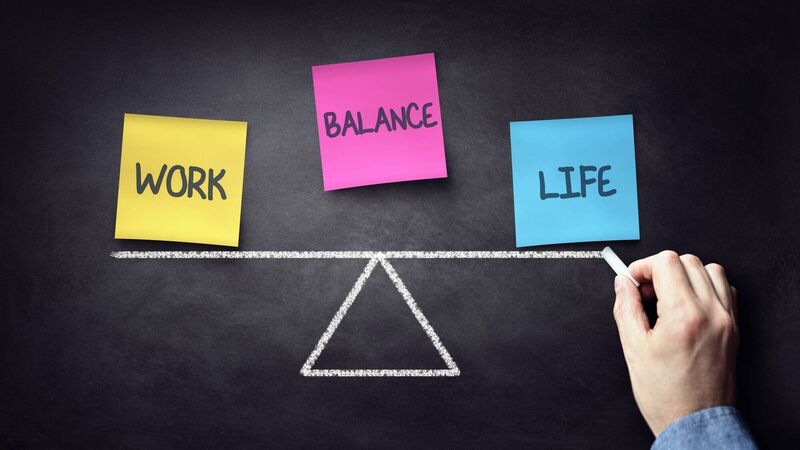Workplace Wellbeing: Finding happiness in the workplace is an ongoing balancing act

What constitutes success? What is the true definition of work-life balance? And how can we go about deriving genuine satisfaction from our work? Picture: iStock.
Try from €1.50 / week
SUBSCRIBE
What constitutes success? What is the true definition of work-life balance? And how can we go about deriving genuine satisfaction from our work? Picture: iStock.
What constitutes success? What is the true definition of work-life balance? And how can we go about deriving genuine satisfaction from our work?
Many of us ask ourselves these big questions occasionally. As the end of the year approaches and we reflect upon our resolutions for 2025, we may even be pondering them right now.
Already a subscriber? Sign in
You have reached your article limit.
Annual €130 €80
Best value
Monthly €12€6 / month
Introductory offers for new customers. Annual billed once for first year. Renews at €130. Monthly initial discount (first 3 months) billed monthly, then €12 a month. Ts&Cs apply.
CONNECT WITH US TODAY
Be the first to know the latest news and updates
Newsletter
The best food, health, entertainment and lifestyle content from the Irish Examiner, direct to your inbox.
Newsletter
The best food, health, entertainment and lifestyle content from the Irish Examiner, direct to your inbox.

Our team of experts are on hand to offer advice and answer your questions here
© Examiner Echo Group Limited